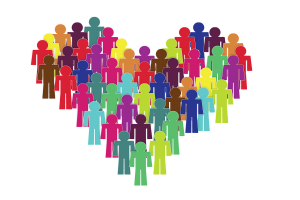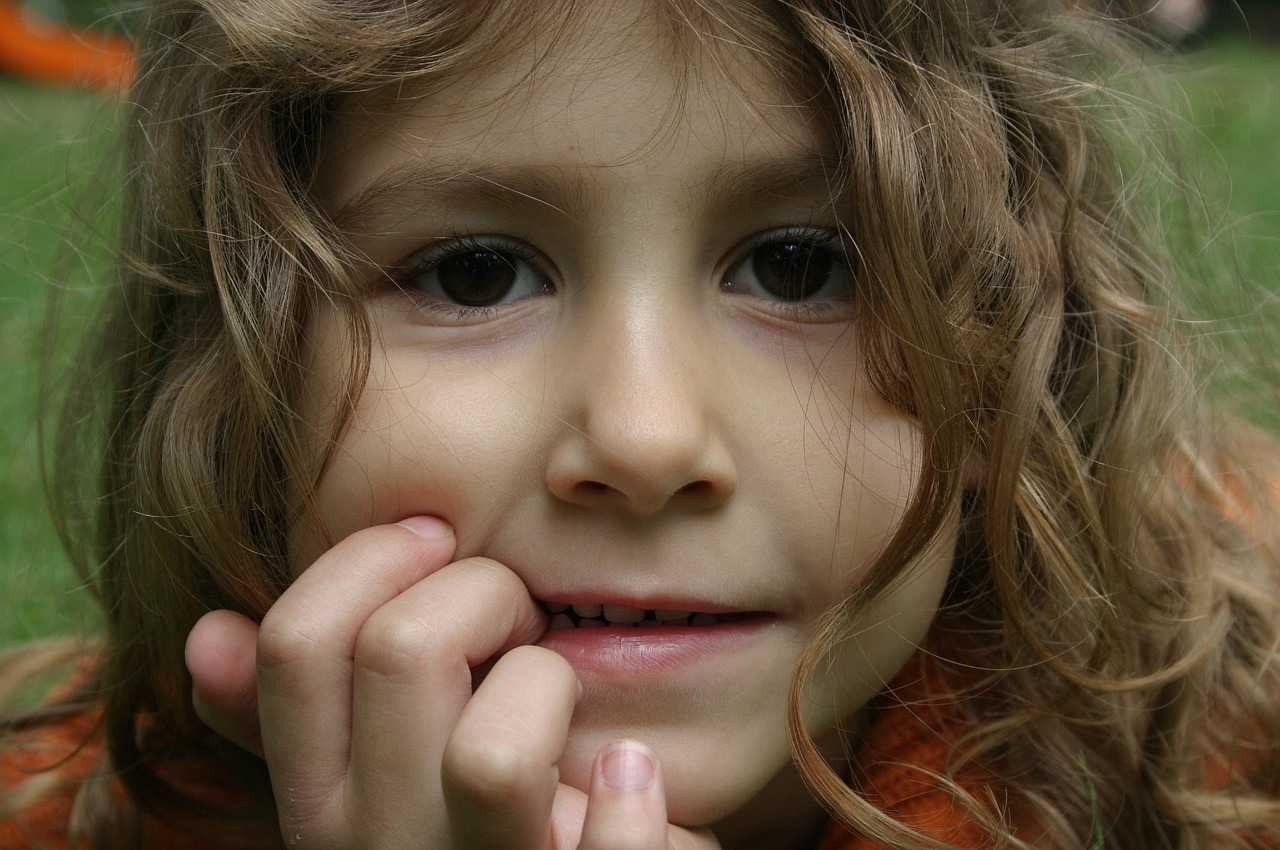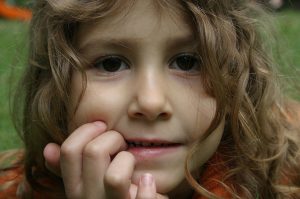Concerned About Your Child’s Learning?
After nearly a year of remote learning, parents have a window into their child’s learning style like never before. As a parent, you may have observed some behaviors that make you wonder: does my child have a learning or attention difference or is it just Zoom-fatigue?
We sat down with Chris Harris, MEd, an expert in learning, social-emotional, behavioral and attention challenges, to find out. Read more ›

 Let’s face it. Life can be painful. While we can’t avoid pain, our resistance to accept reality only exacerbates our suffering. In this podcast episode, we sat down with
Let’s face it. Life can be painful. While we can’t avoid pain, our resistance to accept reality only exacerbates our suffering. In this podcast episode, we sat down with 
 These tips, developed by
These tips, developed by 
 2020 was — to borrow a phrase from a popular kid’s book — a terrible, horrible, no good, very bad year. And for parents, one of the year’s hardest jobs was trying to explain current events to young kids.
2020 was — to borrow a phrase from a popular kid’s book — a terrible, horrible, no good, very bad year. And for parents, one of the year’s hardest jobs was trying to explain current events to young kids. 
 Whether it’s wall-to-wall coverage of a global pandemic, the latest natural disaster, a horrific mass shooting, a suicide broadcast on social media, or a violent political rally, it’s nearly impossible to keep the news at bay until you’re able to figure out what to say. The bottom line is that elementary school-aged kids and some middle schoolers have trouble fully understanding news events.
Whether it’s wall-to-wall coverage of a global pandemic, the latest natural disaster, a horrific mass shooting, a suicide broadcast on social media, or a violent political rally, it’s nearly impossible to keep the news at bay until you’re able to figure out what to say. The bottom line is that elementary school-aged kids and some middle schoolers have trouble fully understanding news events. 
 For most people, conflict is a source of stress, and especially so if you are someone who avoids confrontations.
For most people, conflict is a source of stress, and especially so if you are someone who avoids confrontations.
 We are rarely taught explicit social rules because we are just expected to figure them out. It’s quite complicated and many children on the autism spectrum struggle to navigate their social worlds. In this presentation, learn how to help your child participate in groups at school and adhere to the social expectations in different environments.
We are rarely taught explicit social rules because we are just expected to figure them out. It’s quite complicated and many children on the autism spectrum struggle to navigate their social worlds. In this presentation, learn how to help your child participate in groups at school and adhere to the social expectations in different environments. 
 Self-worth is not the same as self-esteem. Our self-esteem is derived from our abilities, accomplishments, social positions and things we believe and we can achieve. We can bolster our self-esteem by improving our skills or performance, and our self-esteem goes up and down depending on how we’re doing in various aspects of our lives.
Self-worth is not the same as self-esteem. Our self-esteem is derived from our abilities, accomplishments, social positions and things we believe and we can achieve. We can bolster our self-esteem by improving our skills or performance, and our self-esteem goes up and down depending on how we’re doing in various aspects of our lives.
 Every child feels anxious at times — but for some, that feeling persists and interferes with friendships and schoolwork.
Every child feels anxious at times — but for some, that feeling persists and interferes with friendships and schoolwork.
 The term “student agency” continues to be at the forefront of the educational discourse around the world. By encouraging children to have more control over their learning, educators hope students will leave our classrooms and schools with a range of skills that will support them in being lifelong learners, engaged humanitarians and empathetic people.
The term “student agency” continues to be at the forefront of the educational discourse around the world. By encouraging children to have more control over their learning, educators hope students will leave our classrooms and schools with a range of skills that will support them in being lifelong learners, engaged humanitarians and empathetic people.

